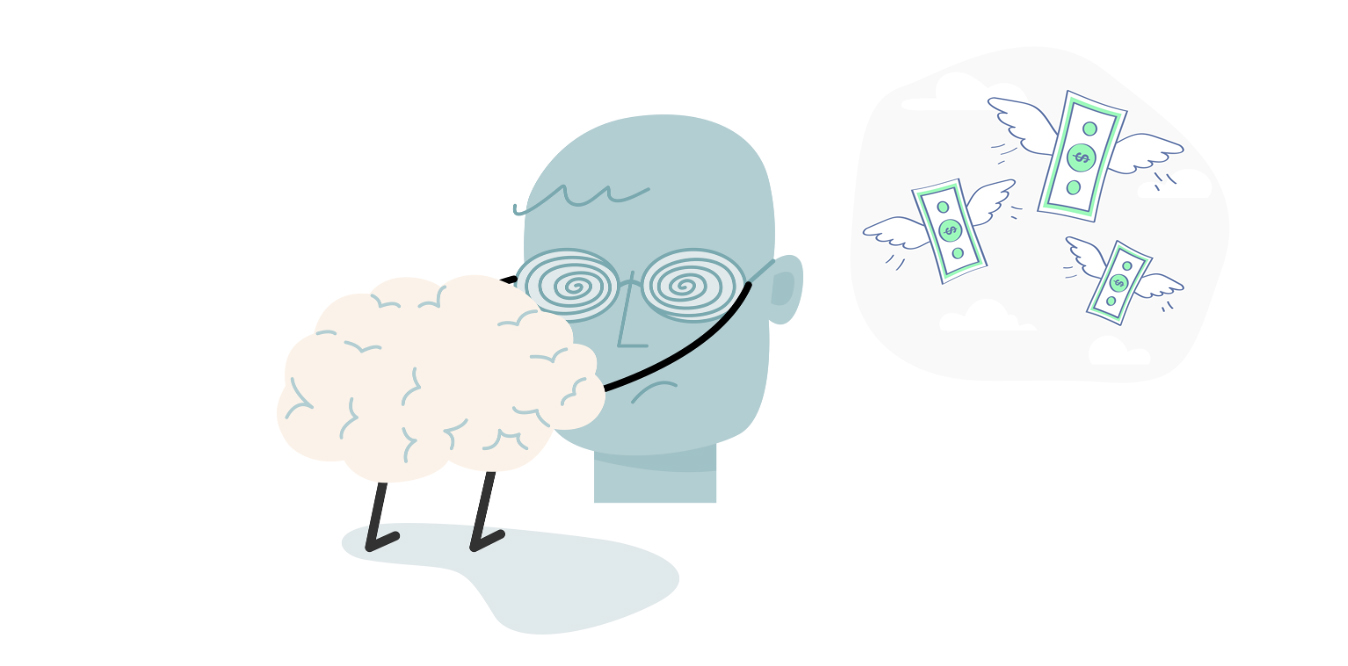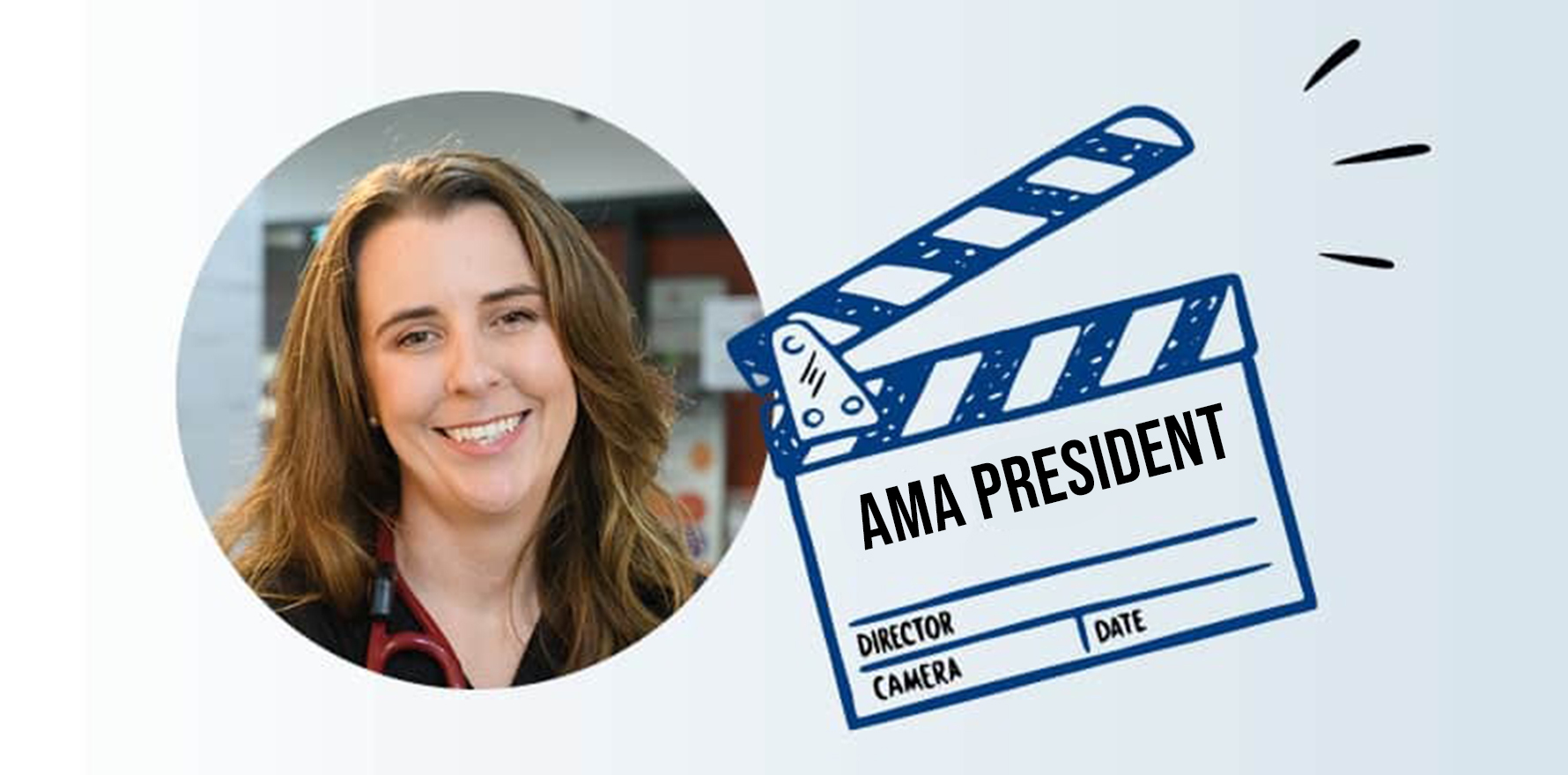A NSW plan to connect GPs directly to Head to Health services may be the start of PHNs including the GP sector in their huge mental health budgets.
Four of the eight primary health networks in NSW have struck a deal with cloud referral application Consultmed to directly connect GPs via their patient management systems to the PHNs to triage more complex mental health patients into local Head to Health programs and resources.
Hunter New England, Murrumbidgee and Healthy North Coast PHNs have been named as three of the four PHNs currently adopting the technology.
Consultmed is an integration on MedicalDirector and Best Practice meaning that most GPs will now have a direct means of being able to refer certain mental health patients to programs that are funded through the Department of Health and Aged Care via the PHNs.
If the initiative works all PHNs in NSW might adopt the same technology, which would mean all GPs in NSW would have a much better way of connecting to external mental health services funded by the PHNs.
A huge criticism of both the DoHAC and PHNs over the years has been that much of the funding of PHNs – over $700 million annually out of about $1.3 billion in total – is for community-based mental health programs, and virtually all of this money has remained disconnected from the GP sector, where most of the complex mental health work in the community is being done.
- This article was first published by Health Services Daily. Read the original here, or subscribe using your GP discount.
Without a meaningful link between these PHN-funded programs and the GP sector a lot of the money is being squandered, often on one-off or isolated PHN-initiated programs which, without a connection to the local GP sector, lack the ability to address community mental health management.
Thus far DOHAC has done no meaningful measurement of PHNs’ success in their spend of this enormous chunk of mental health funding so no one is clear if any of the money is delivering a decent return on investment for patients and communities.
But there are strong hints that the money is at times not delivering any return.
For instance, we know a lot of PHN mental health funding has been spent on community mental health groups like Headspace to adopt mental health digital platforms and apps, like Innowell, and that, so far, there is no evidence base for any of these platforms being effective.
We also know that the link between PHNs and commercial private groups like Innowell is grey, and at times looks lacking in proper governance.
Even if any of the many heavily marketed commercial digital health mental platforms did turn out to be working to even a fraction of the claims being made by their developers it is now apparent that digital health platforms have very limited scope in dealing with the overall mental health load in the community.
Nearly all the trials of these platforms end up excluding any patients who are even mildly complex. In some key trials as few as 1% of the total mental health population ends up in the trial sample group.
If they work at all they are working at the lower end of the needs scale for patients: ones who have a first diagnosis and single diagnosis, and ones who are almost always digitally literate and not in a low socioeconomic bracket.
It has been estimated that this is only about 20% of the total mental health population and that this group has the lowest acuity in terms of issues.
This of course is not where the major problems lie in mental health management across the country.
The Consultmed referral system will allow a GP to use a controversial mental health assessment tool developed with funding from DoHAC called the Initial Assessment Referral Decision Support Tool (IART), which the government has spent up to $30 million developing for use by GPs, but which so far has largely been rejected as useful by the GP community.
However, Consultmed founder Vikram Palit told TMR that the IART tool was an optional form built into the referral process and was there to help any GPs who weren’t comfortable with their existing assessment protocols.
In other words, IART wasn’t being forced on GPs via this new referral process.
Related
Using the Consultmed system a GP can do a referral directly from their PMS to a local PHN which will triage the referral to a local Head to Health provider.
Head to Health, another federally funded federal government mental health initiative, is well accepted in some regions by local GPs, because they act as both a direct provider for some services and as a broker for other relevant services a more complex mental health patient seeing a GP may need.
The service will also help a GP manage a patient within a team care environment.
If NSW does end up connecting all their PHNs to local GP communities through the Consultmed technology, then there would be significant pressure on the remaining PHNs around the country (and possible DoHAC which funds PHNs) – another 23 of them – to follow suit.
If they did then it’s feasible that some of the mess that has been the fragmented national mental health funding environment will move significantly to more meaningful connectivity by now attaching the general practice community to broader community-based services.
Mr Palit told TMR that although the initial emphasis on the referral system is on mental health referrals and PHNs, the system could be used for any other referral that a GP wanted to make to a PHN-mediated local community service, such as aged care and palliative care.
If that started happening then it would be a major shift in the long-term disconnect that occurs between PHNs and the GP sector.





